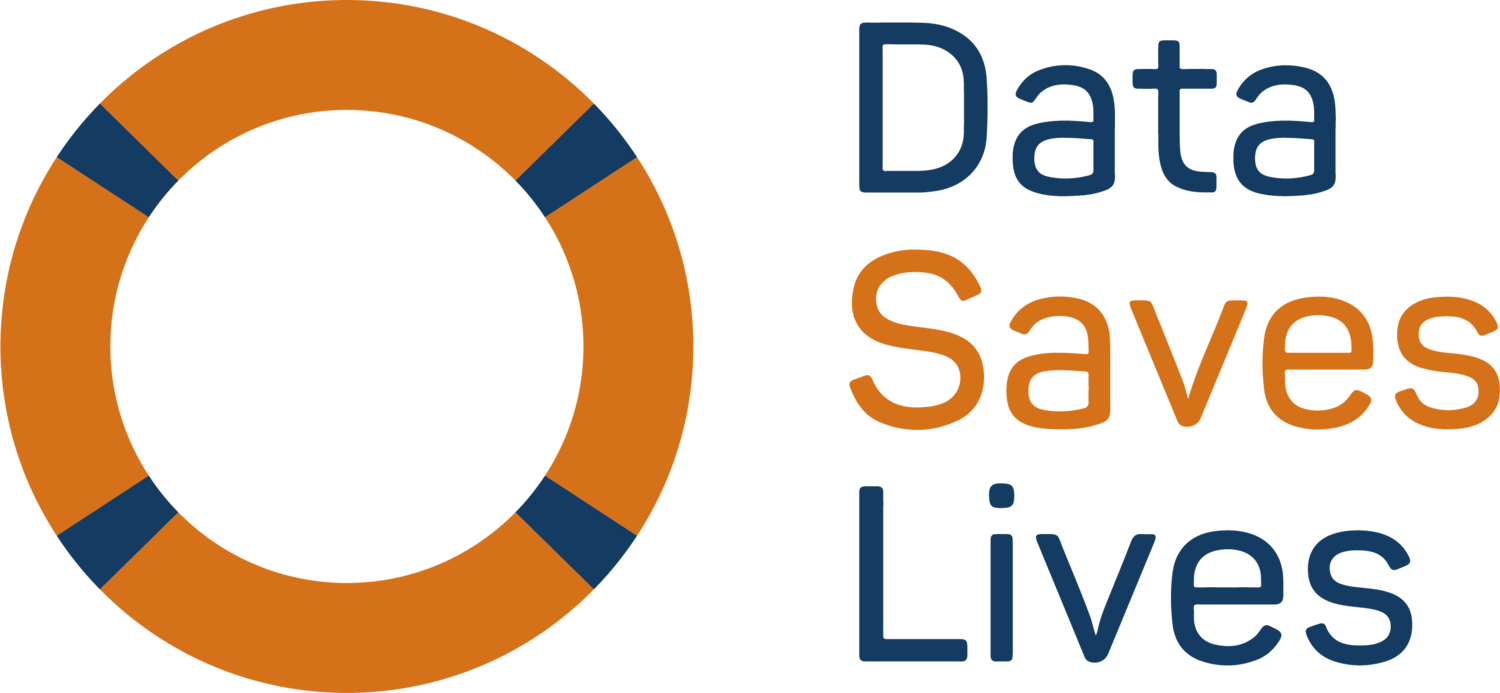The Data Saves Lives (DSL) 5th Anniversary event, held on 26-27 November 2024, in Brussels, Belgium, brought together key stakeholders from across Europe's health landscape to explore the progress, challenges, and future of responsible health data sharing. With a mix of plenary sessions, workshops, and networking opportunities, the event served as a platform to advance discussions on how to harness health data for patient-centred care.
Since the inception in 2019, DSL has grown into a collaborative initiative aimed at building a Europe where health data sharing is trusted, efficient, and impactful.
Key highlights from the plenary sessions
1. Digitalisation of health and care systems
Panellists and participants discussed the role of patients in the digital transformation of healthcare, emphasising the need for:
Greater digital health literacy.
Improved access for patients to their health data.
Recognition of the value of patient-reported outcomes in advancing value-based healthcare.
2. Building trust through stakeholders’ dialogue
Trust emerged as a central theme in health data sharing, with speakers highlighting:
The importance of transparent communication and a shared language among stakeholders.
The role of shared values in fostering collaboration between patients, healthcare professionals, policymakers, and industry partners.
The critical need to listen to and incorporate patient perspectives into decision-making processes.
3. Patients empowerment through AI literacy
With AI becoming increasingly integrated into healthcare, discussions highlighted:
The need for patient involvement in designing and implementing AI solutions.
The importance of ensuring AI systems align with patient needs through co-creation.
Levels of AI literacy are required to enable meaningful patient engagement.
4. Health Technology Assessment (HTA) and patient-centred care
The final plenary session delved into the role of HTA in shaping patient-centred care, including:
The use of real-world data (RWD) to inform HTA decision-making.
The need for capacity building in HTA organisations to effectively utilise patient experience data.
The value of collaboration and transparency between HTA bodies and patient organisations to ensure alignment with patient needs.
Key highlights from the workshop sessions
During both days, participants joined parallel workshop sessions to discuss several topics.
Communicating the European Health Data Space (EHDS)
This session focused on how the success of the EHDS largely depends on how effectively its goals, benefits, and challenges are communicated to various stakeholders, including patients, healthcare professionals, researchers, and the broader public.
Data protection in the secondary use of data
This workshop explored the evolution of patient data protection over the past five years, focusing on patient experiences, concerns and rights within the rapidly advancing digital healthcare landscape. The session aimed to empower patients and advocates to engage in discussions about how technological advancements like AI and digital tools, alongside regulations such as GDPR, impact data security and privacy.
Patient registries for better healthcare
This workshop explored the legal and ethical dimensions of patient registries, focusing on:
The meaning of patient consent and transparency in data collection and use.
The debate between "opt-in" and "opt-out" consent models, stressing the role of education in empowering patients to make informed decisions.
The importance of education
In this session, participants explored how education can enhance public transparency and confidence in the responsible use of health data, especially in the context of emerging challenges and opportunities in the EHDS.
Looking ahead
The key takeaway from the event is clear: education, empowerment and collaboration are essential to unlocking the full potential of health data. As health systems become increasingly digitalised, DSL provides a compelling blueprint for the future, reminding us that while data holds immense promise, its value can only be accomplished through collective effort, trust and a shared vision.






